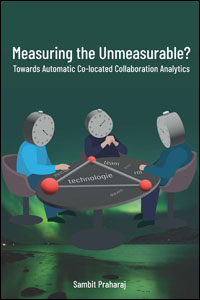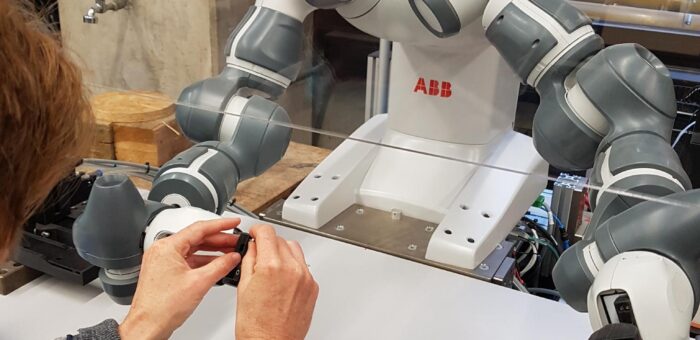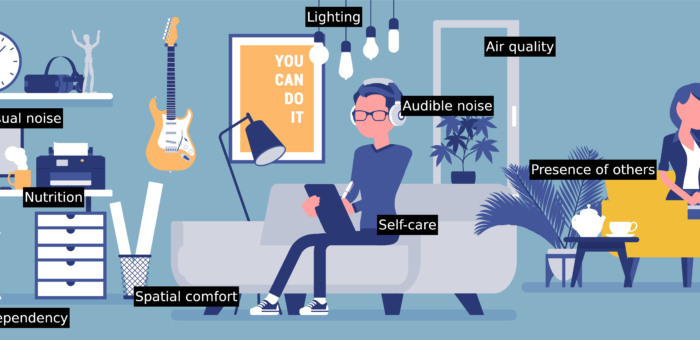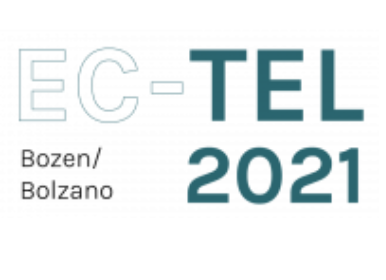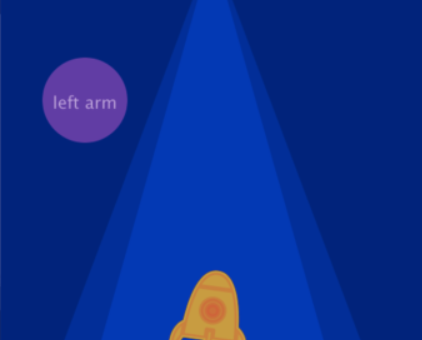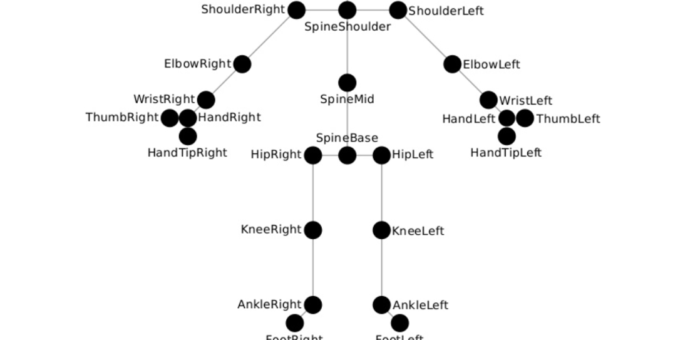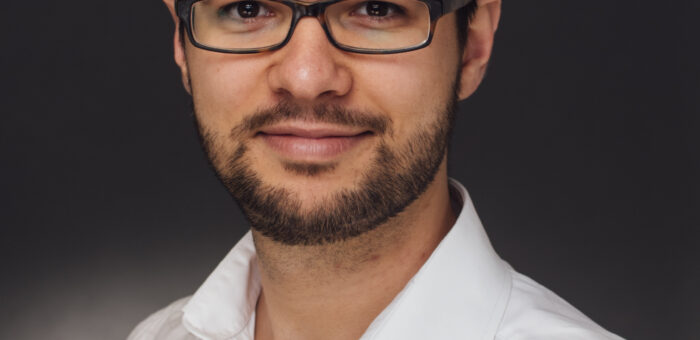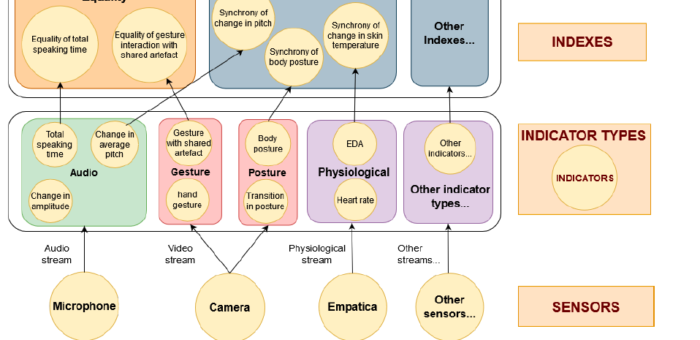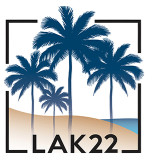
New Pub: Towards Collaborative Convergence: Quantifying Collaboration Quality with Automated Co-located Collaboration Analytics
Conference, Conference, Event, Higher Education, Learning Design, Multimodal Learning Analytics, Publication
Collaboration is one of the four important 21st-century skills. With the pervasive use of sensors, interest on co-located collaboration (CC) has increased lately. Most related literature used the audio modality to detect indicators of collaboration (such as total speaking time and turn taking). CC takes place in physical spaces where group members share their social (i.e., non-verbal audio indicators like speaking time, gestures) and epistemic space (i.e., verbal audio indicators like the content of the conversation). Past literature has mostly focused on the social space to detect the quality of collaboration. In this study, we focus on both social and epistemic space with an emphasis on the epistemic space to understand different evolving collaboration patterns and collaborative convergence and quantify collaboration quality. We conduct field trials by collecting audio recordings…

